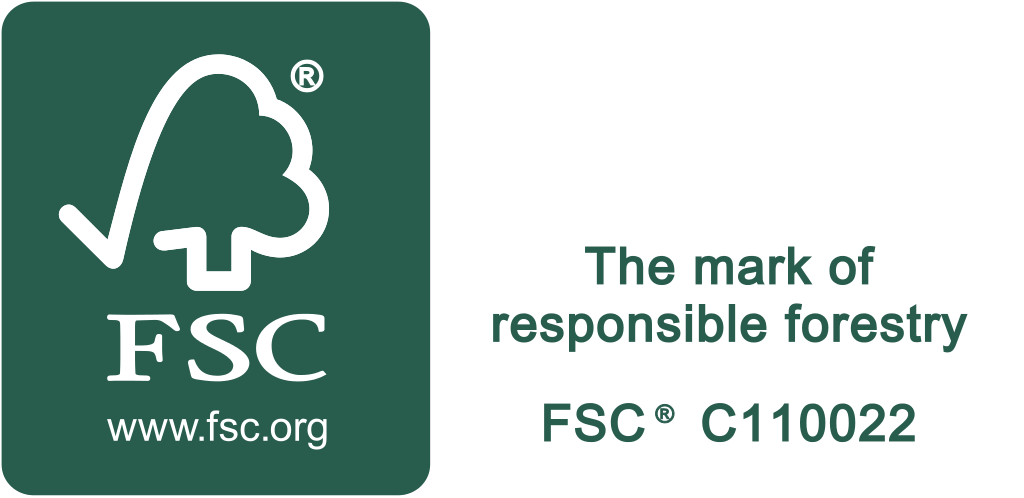Environmental protection is a cornerstone of all of Kartonsan’s manufacturing and commercial operations.
Climate change remains as big a global threat to the future of humanity as ever. Climate change also poses numerous risks from the standpoint of the coated cardboard industry. Manufacturers who are adept at managing these risks will be able not only to minimize them but also to take advantage of beneficial opportunities such as satisfying the expectations of a wide range of customer profiles.
When this issue is considered with respect to the cardboard industry, the sector has been seen to be taking action and important steps to get under control and to minimize the possible effects of its production on the environment and on climate change. As well as decreasing greenhouse gas emissions, the use of scrap paper as a raw material (instead of cellulose) during the production of cardboard plays a vital role. Coated cardboard producers in developed and developing countries demonstrate systematic efforts on issues such as sustainable forest management, the use of scrap paper and renewable energy.
In practices of cardboard production linked to sustainability, another important actions to consider are to establish close and constructive cooperation between stakeholders, including suppliers;to support international cooperation and global initiatives and to take part in these planned activities.
As a responsible producer and an "exemplary corporate citizen", Kartonsan reveals its responsibility for the environment through
The usage rate of waste paper in Kartonsan is exceeding 90% in producing coated cardboard.
Issues pertaining to the disposal and/or recycling of solid waste in our country are subject to the regulatory mandate of the Ministry of Environment and Urbanization. Having brought its production processes into compliance with the requirements of applicable laws and regulations, Kartonsan also regards the effective disposal and/or recycling of solid waste as an important element of its sustainability approach and ıt therefore engages in efforts aimed at properly disposing and recycling solid waste not just at the raw material procurements stage but also after its products have been used.
Kartonsan uses more then 90% of wastepaper in its production of coated cardboard.
Kartonsan also holds an Environmental Permit and License awarded by the Ministry of Environment and Urbanization. The Company also works in cooperation with its subsidiary, Dönkasan, for the supply and management of wastepaper.
Kartonsan aims to increase its energy production and efficiency
Since 1997, Kartonsan has invested in additional cooling and caldron systems for its initiative to generate electricity and steam using a minimum amount of clean natural resources in its cogeneration plant.
In order to avoid energy bottlenecks and decreased turbine productivity in the warm months of the summer, a chiller project, which cools the turbine air, was completed. With this project, air that enters the turbine is cooled to 15°C and lower temperatures, hence increasing productivity. This application is expected to increase power production by 2 MW in the summer months.
Kartonsan recycles 30% of the water it uses.
In 2014, Kartonsan increased the capacity of its wastewater treatment facility to 10,000 m3/day. Within the scope of a new project completed in 2015, Kartonsan started using the MBR system, marking a new initiative in Turkey for the coated cardboard sector.
With this system, an average of 3,200 m3 of wastewater was recycled per day, achieving a reduction in the use of fresh water.
FSC-CoC® Certification* Initiatives
In line with the FSC-CoC® certification it has held since 2011, Kartonsan continues to fulfill the requirements in regards to using forest resources efficiently and effectively.
Kartonsan has finalized work on the system and processes in line with the new revision on FSC-CoC® Certification published in 2015, after certain reviews. In addition, an evaluation was conducted by BM Trada in 2015 in regard to meeting system requirements. Kartonsan was given approval following the evaluation.
*FSC-CoC® Certification is an international standard used for;
